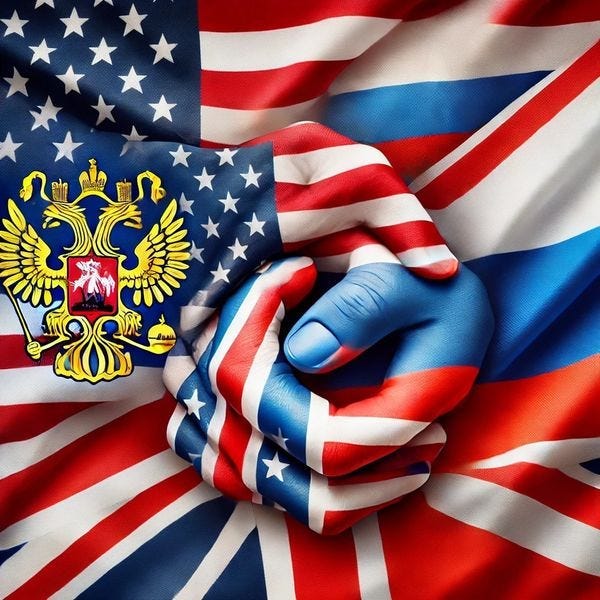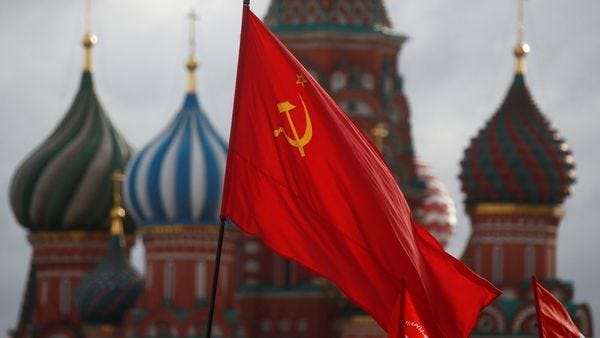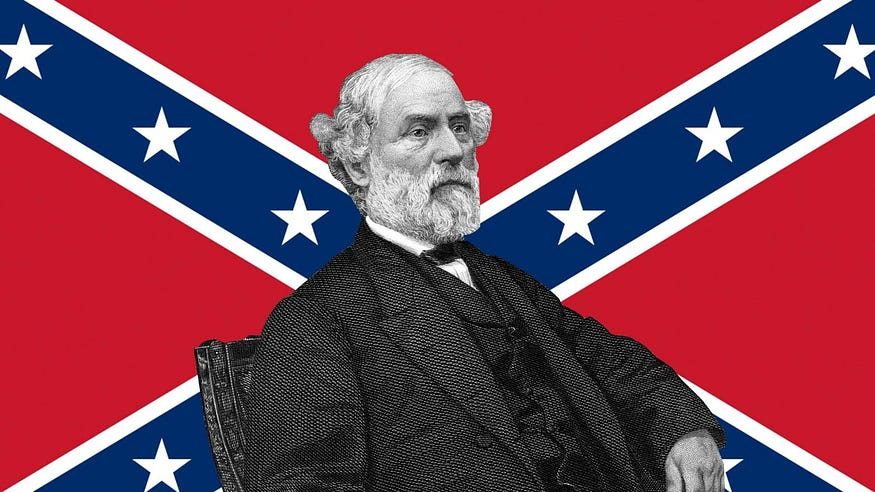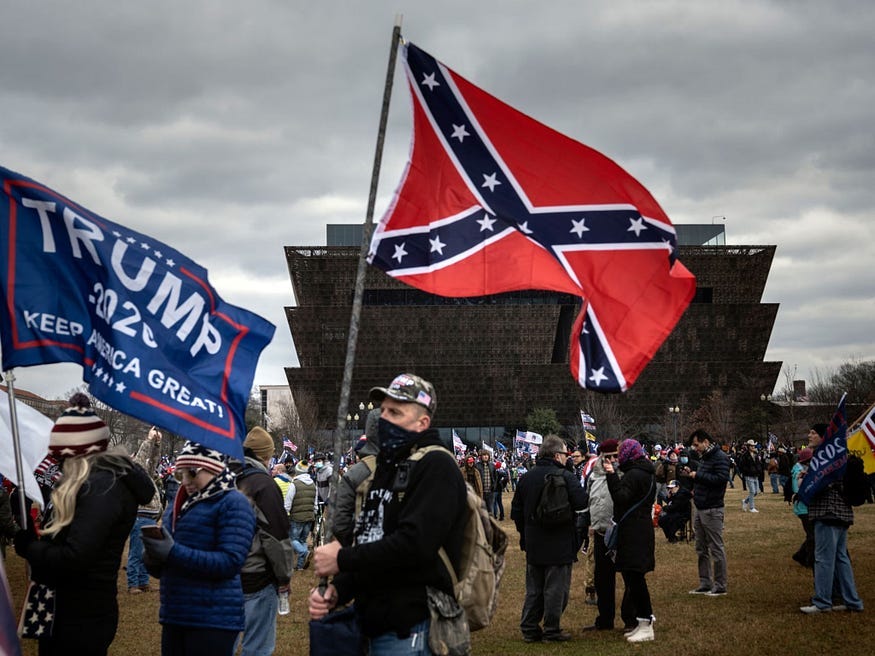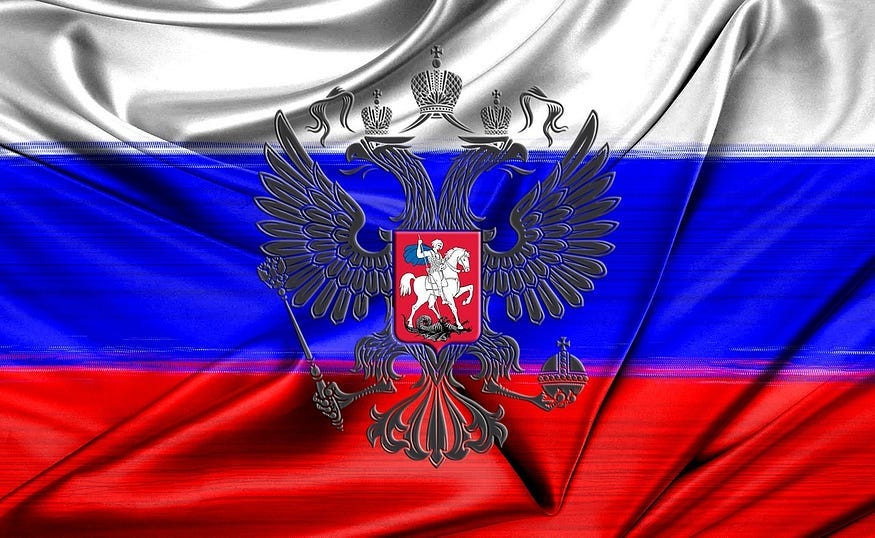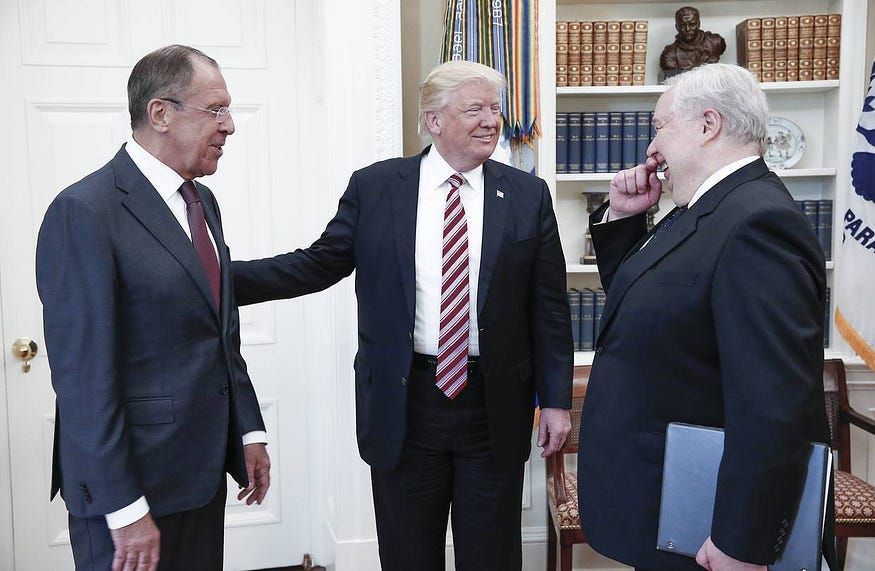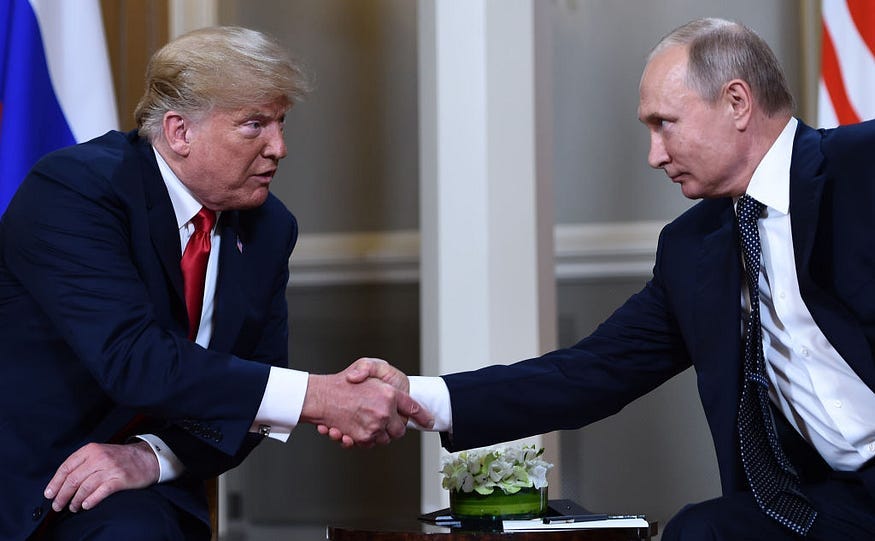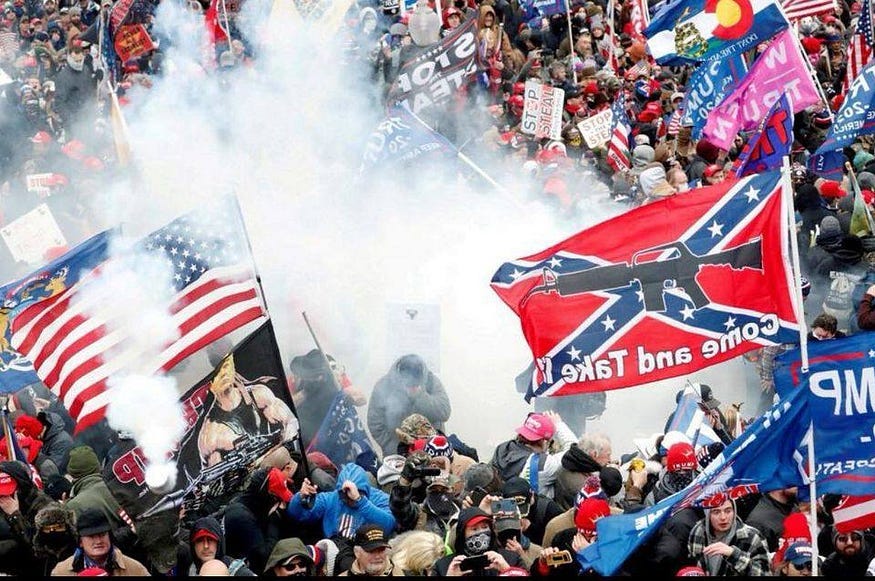World War 3
The Information War — Cold War 2 — Civil War 2
How Putin Created a Second Civil War in America to Win the Cold War in the Information Age!!!
The Culmination of the Cold War and the American Civil War
In the shadows of the Cold War’s lingering tensions, a new kind of warfare has emerged — one fought not with traditional weapons, but with information and influence. Russian President Vladimir Putin, a master of modern geopolitical strategy, has leveraged these tools to sow discord and division within the United States, effectively creating a second civil war. This strategic maneuver is aimed at weakening America’s global influence and securing a Russian victory in the ongoing Cold War of the Information Age.
The Seeds of Discord
The seeds of America’s internal strife were sown long before Putin’s intervention. Deep-seated political, economic, and cultural divides created a fertile ground for external manipulation. Recognizing this vulnerability, Putin embarked on a sophisticated campaign of disinformation and influence operations designed to exacerbate existing tensions and drive a wedge between American citizens.
Exploiting Political Polarization:
Strategy: Russian operatives identified and amplified divisive issues, using social media platforms to spread misinformation and foster distrust among Americans. By creating and promoting fake news, conspiracy theories, and inflammatory content, they intensified political polarization.
Impact: This effort has driven Americans to adopt increasingly extreme positions, eroding the middle ground necessary for productive dialogue and compromise.
Undermining Trust in Institutions:
Strategy: Russian campaigns have targeted the integrity of American democratic institutions, including the electoral system, judiciary, and media. By casting doubt on the legitimacy of elections and spreading false narratives about institutional corruption, they have undermined public trust.
Impact: The resulting skepticism has weakened the foundation of American democracy, making it easier for authoritarian ideologies to gain traction.
The Information Age Battlefield
In the Information Age, control over information flows and public perception has become a critical aspect of warfare. Putin’s strategy leverages these dynamics to destabilize the United States from within.
Cyber Warfare:
Strategy: Cyber attacks on critical infrastructure, government agencies, and private enterprises have disrupted operations and sown chaos. High-profile hacks, such as those targeting the Democratic National Committee and various federal agencies, have exposed vulnerabilities and eroded confidence.
Impact: These attacks have not only caused immediate damage but also created an atmosphere of uncertainty and fear, further dividing the American populace.
Social Media Manipulation:
Strategy: Utilizing sophisticated algorithms and data analytics, Russian operatives have manipulated social media platforms to influence public opinion. By creating fake profiles and bots, they have been able to disseminate propaganda and amplify divisive messages on a massive scale.
Impact: Social media manipulation has polarized communities, influenced elections, and created echo chambers where misinformation thrives, making it difficult for truth and reasoned debate to prevail.
The Second American Civil War
The culmination of these efforts is the second American civil war, a conflict fought through information rather than bullets but no less devastating in its impact.
Ideological Battlefields:
Reality: The ideological battlefields of this new civil war are online forums, social media platforms, and news networks. Here, Americans are pitted against each other in a struggle over identity, values, and the direction of the nation.
Result: The nation is fractured along ideological lines, with each side viewing the other as an existential threat, leading to a breakdown in civil discourse and increasing hostility.
Erosion of National Unity:
Reality: The relentless campaign of disinformation and division has eroded national unity, making it difficult for Americans to find common ground on even the most basic issues.
Result: This fragmentation has weakened America’s ability to respond effectively to external threats, economic challenges, and social issues, leaving the nation vulnerable.
Putin’s Victory in the Information Age Cold War
By creating a second civil war in America, Putin has achieved a significant victory in the Cold War of the Information Age. The United States, distracted and divided, is less able to project power globally or counter Russian ambitions.
Geopolitical Gains:
Reality: With America preoccupied with internal conflicts, Russia has been able to expand its influence in Eastern Europe, the Middle East, and other strategic regions.
Result: Putin has solidified his position at home and strengthened Russia’s standing on the global stage.
Long-Term Implications:
Reality: The internal strife in America has long-term implications for global stability. A weakened United States is less capable of leading international efforts to address issues like climate change, human rights, and global security.
Result: This power vacuum creates opportunities for other authoritarian regimes to assert their influence, further destabilizing the international order.
Conclusion
The second American civil war, fueled by Putin’s strategic manipulation of information and division, represents a new form of warfare that has profound implications for the future of global politics.
By exploiting America’s vulnerabilities and leveraging the tools of the Information Age, Putin has managed to achieve a significant victory in the ongoing Cold War, reshaping the geopolitical landscape to his advantage.
As we navigate this new reality, it is essential to recognize the power of information, the power of our each and individual vote and the need for critical thinking and resilience in the face of such sophisticated threats.
The shots we fire in this ideological war happen at the ballot box. Are you fighting for fascism and authoritarianism, or for democracy the American way?
Every vote is a statement of your values and vision for our country’s future. It’s essential to engage in this critical process and choose leaders who uphold democratic principles, promote unity, and work towards a just and inclusive society.
Your vote matters — let’s make sure it reflects the commitment to preserving and strengthening our democracy.


